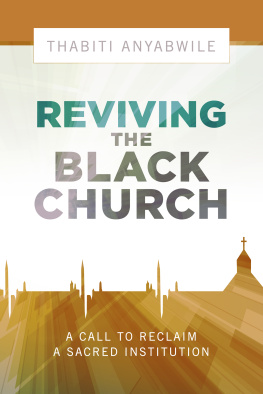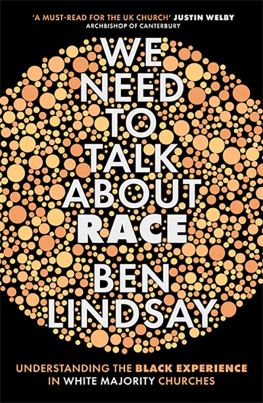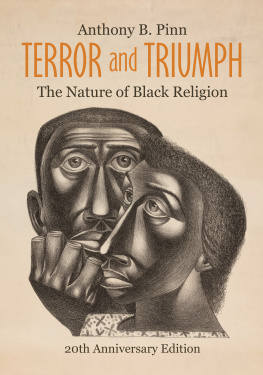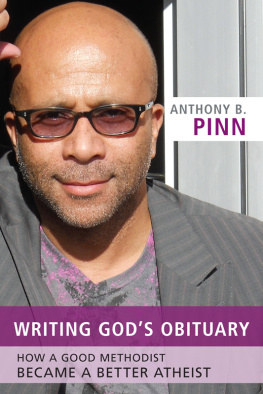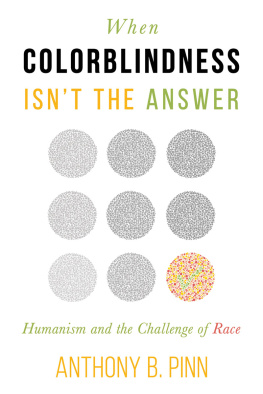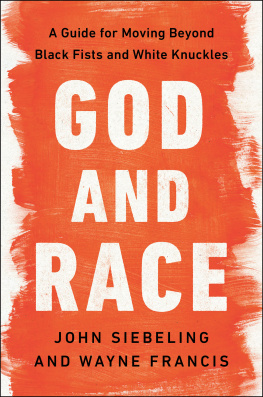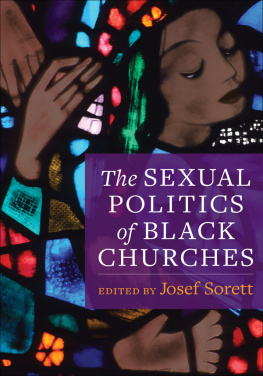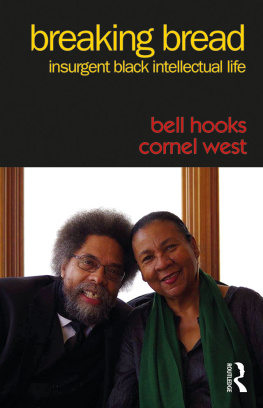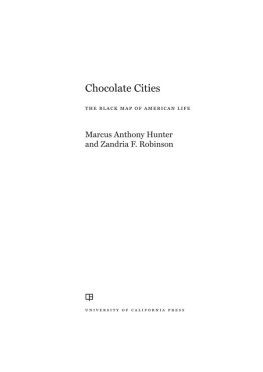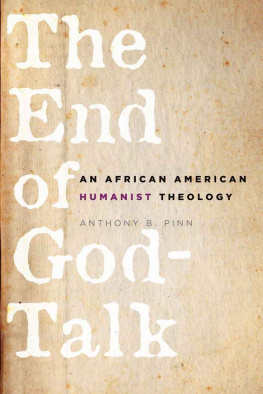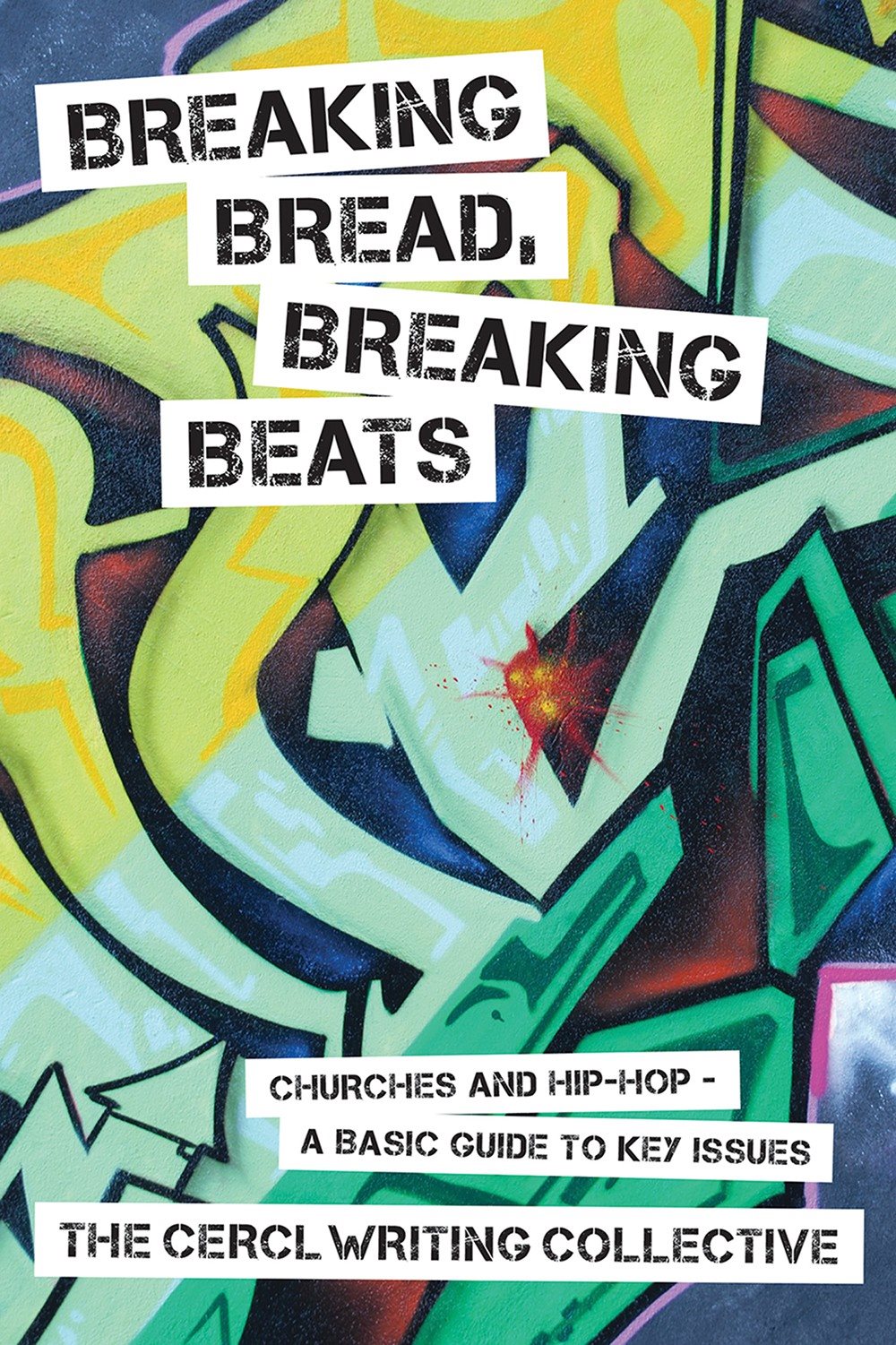Breaking Bread, Breaking Beats -- Breaking Bread, Breaking Beats
1
Additional Praise for Breaking Bread, Breaking Beats
With intellectual rigor as beautifully detailed as Baroque counterpoint and the creative impulses of improvisational jazz, Breaking Bread, Breaking Beats, via interdisciplinary, dialogical, and communal analysis wedding town (faith and social communities and professional hip-hop artists) and gown (the academy), explores the intersections, juxtapositions, and reciprocal critique of the Black church and hip-hop. The Center for Engaged Research and Collaborative Learning (CERCL) Writing Collective wax eloquently and cogently as they explore socio-cultural contextual issues from historical, economic, and political matters to embodiment, gender, race, dress, sexuality, identity, oppression, resistance, globalization, ethics, and cipher. The authors brilliantly tell the story of the nonmonolithic Black church and the diverse realities of hip-hop from the late twentieth century to the present. Breaking Bread, Breaking Beats is a must read for those interested in social history, black church, and hip-hop.
Cheryl A. Kirk-Duggan
Shaw University Divinity School
This is just the text I have been looking for! Pinn presents the results of an innovative teaching and learning experience to bring together the two guardians of revolutionary spirituality in the African American community: the Black Church and hip-hop. Too often these movements have been caricatured and thus prevented from engaging in the kind of conversation that can lead our people forward. This critical and constructive guide will be indispensable for anyone doing theology and ministry among African Americans today.
James H. Evans Jr.
Colgate Rochester Crozer Divinity School
Breaking Bread, Breaking Beats
Churches and Hip-HopA Basic Guide to Key Issues
The CERCL Writing Collective
Fortress Press
Minneapolis
BREAKING BREAD, BREAKING BEATS
Churches and Hip-HopA Basic Guide to Key Issues
Copyright 2014 Fortress Press. All rights reserved. Except for brief quotations in critical articles or reviews, no part of this book may be reproduced in any manner without prior written permission from the publisher. Visit http://www.augsburgfortress.org/copyrights/ or write to Permissions, Augsburg Fortress, Box 1209, Minneapolis, MN 55440.
Scripture quotations are from the New Revised Standard Version Bible, copyright 1989 by the Division of Christian Education of the National Council of the Churches of Christ in the USA. Used by permission. All rights reserved.
Cover design: Tory Herman
Cover image: Segment of a colorful graffiti on urban wall Luis Santos/iStock/Thinkstock
Library of Congress Cataloging-in-Publication Data
Print ISBN: 978-0-8006-9926-0
eBook ISBN: 978-1-4514-8949-1
The paper used in this publication meets the minimum requirements of American National Standard for Information Sciences Permanence of Paper for Printed Library Materials, ANSI Z329.48-1984.
Manufactured in the U.S.A.
This book was produced using PressBooks.com.
Contents
This project grows out of a commitment to rethinking interactions between institutions of higher learning and the larger communities in which they find themselves. For the authors of this book, this rethinking centered on Rice University and the larger Houston community, and conversation concerning the challenges and benefits of such interaction took place within an experimental undergraduate course devoted to the topic of religion and hip-hop.
This class involved collaboration between the Religious Studies Department and the Center for Engaged Research and Collaborative Learning. CERCL (pronounced Circle), as the center is called, has as its core mission the development and enhancement of critical-thinking skills, effective communication strategies, and the promotion of rich information that can be used to transform communities. In short, the center is about the development of new forms of leadership that make use of a full range of resources to effect change. CERCL saw this course as a way of using an extremely important cultural developmenthip-hopto encourage critical thinking on religion and, by extension, moral frameworks and ethics.
While Anthony Pinn had been teaching courses related to religion and popular culture (including hip-hop) for a good number of years, Religion 157/311, Religion and Hip Hop Culture, offered in the spring of 2011, was the first time the topic had been addressed through a partnership between an academic and a highly regarded artist, Bernard Bun B Freeman. To our knowledge, this course led the way. True, hip-hop artists had given lectures and led workshops at other institutions; however, this collaboration was different because it involved Bernard Freeman and Anthony Pinn sharing all responsibilities for the course, from design to assessment tools. It was also unique in that the course, with funding from Rice, occurred off-campus at two sites in Houston, one at a church and the other at a nightclub. Houston citizens played a huge role in the conversations in those two locations, as we wrestled with the ethics of hip-hop and its role in religious life.
The reaction to the course was tremendous. MTV came to campus. There was a great deal of local attention, with people off-campus wanting to take the class. People in and outside the United States inquired about the course via e-mail. All those who expressed support and who touted the importance of the class got Dr. Pinn and the teaching assistants thinking. We wondered if there might be a way to think about and explore, in writing, the implications of the class. Taking up this challenge made perfect sense because of a recent trend: religious communities incorporating hip-hop (particularly rap music) into their ritual activities, ritual language, and general aesthetics of worship. How one might think about this move to incorporate hip-hop, and what might constitute the benefits, drawbacks, and consequences of this move kept coming up in our conversation. But it also became clear such concerns had to be addressed within the context of a general discussion of what hip-hop is for religion and religious communities, and what religion and religious communities are for hip-hop. And in this way, the Writing Collective contributes a bit more perspective and analysis to the growing literature on religion and hip-hop culture.
We decided the best format for this work would be a book, but not just an edited volume. We wanted to write a volume together, blending voices and collaborating on ideas in a way that would model an approach for exchange that might be useful to religious organizations and hip-hop as they continue their engagement in shared cultural worlds. Although each person was responsible for the initial draft of a given chapter, there was a process of conversation and exchange that widened the content beyond the thinking of any one person. Hence, the volume does not highlight one name over others, but instead first notes the CERCL Writing Collective as the author; only at the end of the volume do the contributing authors speak individually through the process of the cipher. Yet they are named only in the list of contributors: Jonathan Chism, Christopher Driscoll, Dr. Paul Easterling (one of Pinns former students), Biko Mandela Gray, Dr. Margarita Simon Guillory (one of Pinns former students), Darrius D. Hills, Jason O. Jeffries, Terri Laws, Aundrea Matthews, and Dr. Anthony Pinn.


